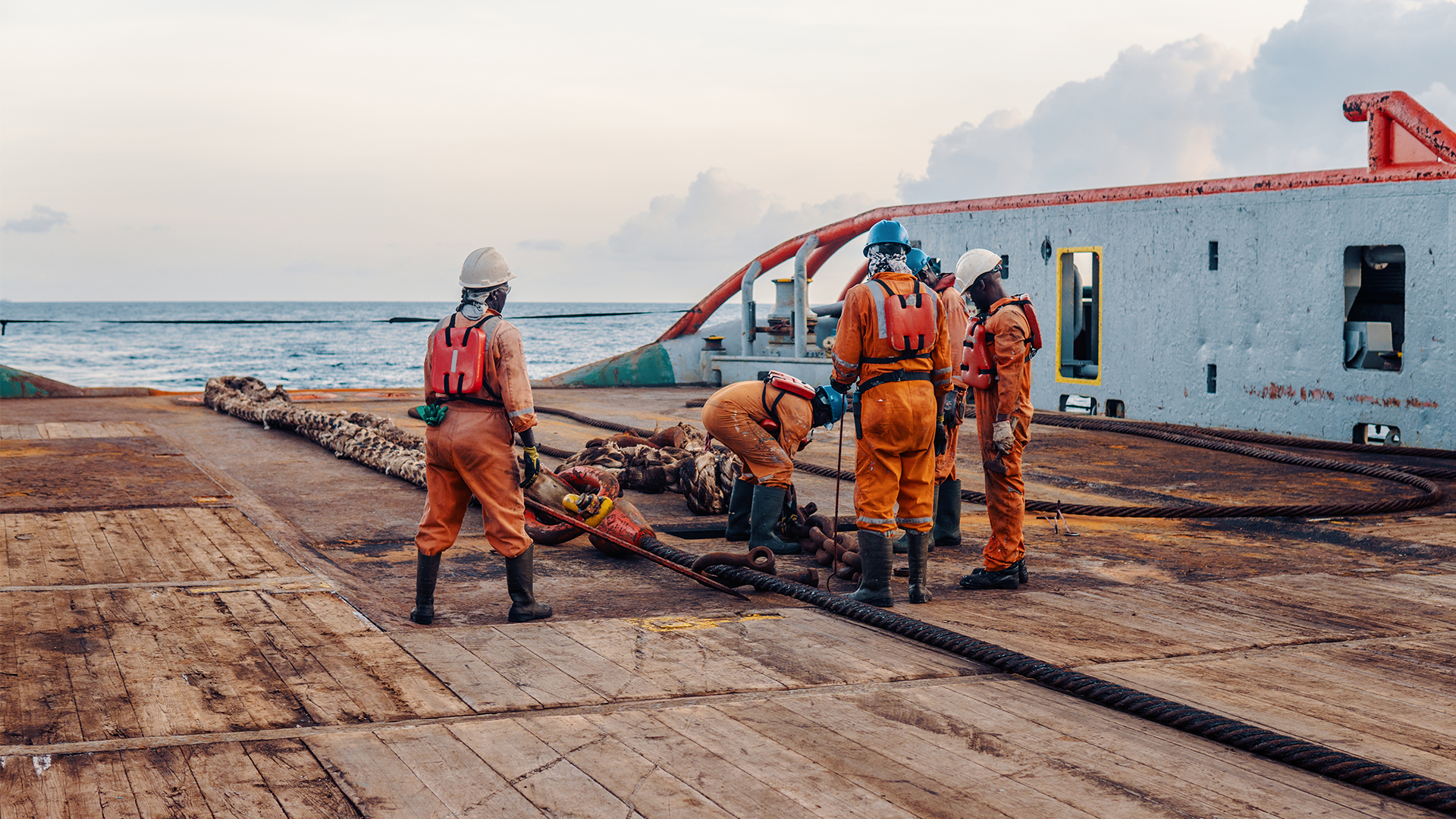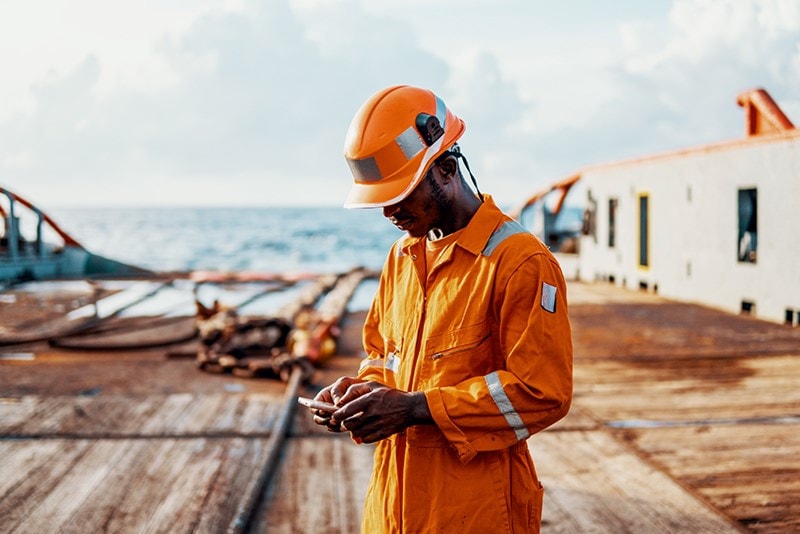
Qwest Care
When a marine casualty occurs, much of the damage – the loss of life, personal injury, property damage and operational disruption – is apparent in tangible form. Other less tangible forms of damage, such as crew stress and trauma and the effects they can have on a return to normal operations, are less visible.
TIMS - A new approach
Qwest Care introduces a new approach to crew interviewing and the surrounding wellbeing issues that may arise following a casualty which has been developed by Captain Terry Ogg and Dr Rachel Glynn-Williams, Consultant Clinical Psychologist, called Trauma-Informed Interviewing in a Marine Setting, or TIMS for short. The approach combines enhanced investigative interviewing techniques with expertise in ordinary human psychological responses in post-critical incident situations.
Key features
Delivers more complete and better quality information and evidence from crew interviewees.
Actively supports crew wellbeing post-casualty.
Provides support and guidance for all crew and a pathway for on-going, more structured psychological support where required.
Uses TIMS investigators trained in awareness of human trauma responses and how to take these into account to offer first line basic stress management strategies during interviews.
Utilises a unique TIMS interview model developed for both in-person and remote interviewing and which can be delivered in either setting.
Enables rapid assessment to be carried out on-line or in-person in a very short time frame.

Who is it for?
Shipowners and operators
Ship Managers
Crew managers and agents
P&I Clubs
Law firms
Benefits/What does it cover?
Better crew retention, loyalty and employer reputation in seafarers’ networks through enhanced welfare packages.
Clear demonstration of the company’s commitment to crew welfare and casualty management planning.
Lower claims exposure due to improved information provision at interview and less likelihood of claims for trauma and psychological injury arising out of a casualty.
Prevention and early intervention around psychological difficulties - including post-traumatic stress reactions - help prevent costly repatriation, limit operational disruption and foster positive relationship between company and crew.
Faster identification of a need for psychological assessment and possible intervention for those crew most impacted by a casualty.
Comprehensive education and guidance on the psychological impacts of incidents throughout the whole crew delivers support to those who may not otherwise come forward.
Opportunities for lessons learned through recommendations and advice by qualified clinical psychologists for future crew care and treatment.
Protection or mitigation from adverse issues under employment contracts.
Managed interview costs, with psychological assessment and interventions charged at investigation rates based on usage.
Continued care where required, with post-investigation monitoring and therapy from experts in crew care – delivered via the Master/shoreside or one to one individual reviews - to ensure a timely return to work.
In partnership with TIMS and for more detail, please see www.recallrecover.com.
